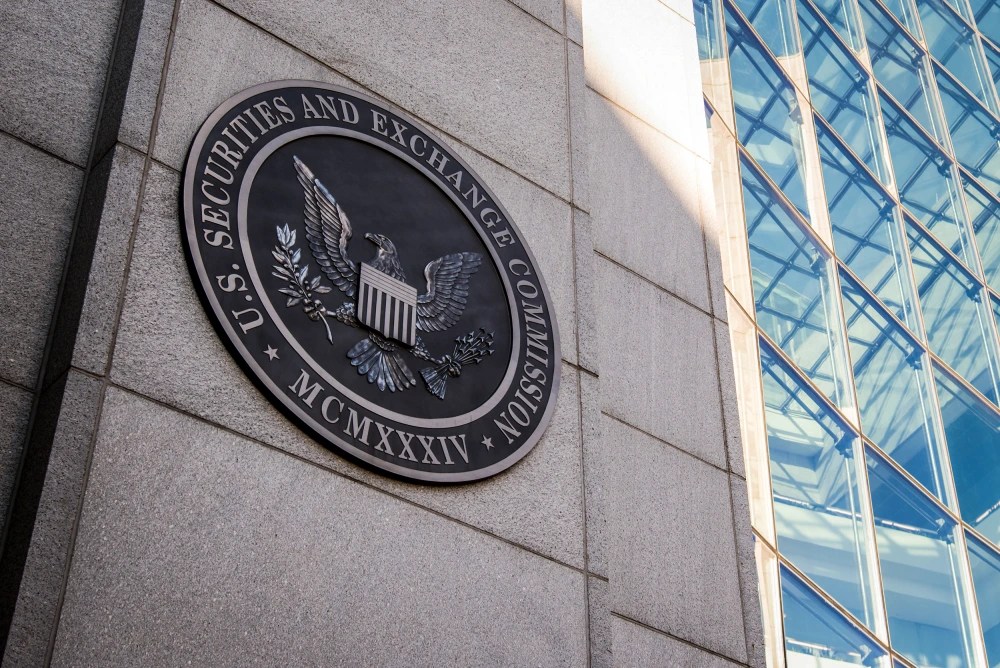Navigating the complexities of the rapidly evolving financial world requires a keen understanding of regulatory developments, especially in the realm of cryptocurrency. As digital assets become increasingly mainstream, the framework governing their operation is critical for both investors and stakeholders. In recent efforts to bring clarity and structure to this burgeoning market, top regulatory bodies are paving the way for a more robust financial future.
The Future of Cryptocurrency Regulation: Insights from the SEC and Beyond
SEC Aims to Clarify Crypto Regulations by Year-End
Earlier this week, Paul Atkins, the Chairman of the U.S. Securities and Exchange Commission (SEC), spoke about the agency’s initiatives to provide a solid regulatory foundation for digital assets. This is a strategic move to encourage innovation within a secure framework, highlighting the recent approval of new standards for spot crypto exchange-traded funds (ETFs) as a significant milestone. Atkins emphasized the ongoing efforts to establish an “innovation exemption” by 2025, which aims to eliminate cumbersome regulations that may stifle growth in the sector.
During a recent speech, Atkins outlined that this exemption will enable crypto firms to launch products swiftly, adhering to principle-based policies that align with federal securities laws. This approach could foster an environment where novel trading methods can thrive, thereby enhancing the ecosystem of tokenized securities.
CFTC and SEC: A Collaborative Approach to Regulation
In his dialogue with FOX Business, Chairman Atkins also touched on the collaboration between the SEC and the Commodity Futures Trading Commission (CFTC), explaining that such coordination is crucial for market stability. Despite leadership changes within the CFTC, there is a concerted effort to harmonize the regulatory landscape, which should mitigate past issues tied to jurisdictional uncertainty. The GENIUS Act for stablecoin regulation was cited as a pivotal step toward ensuring market certainty, further underscoring the need for cooperation between the two agencies to devise regulations that can withstand future challenges.
What is the Significance of the SEC’s Innovation Exemption?
The SEC’s innovation exemption represents a forward-thinking strategy to support the dynamic nature of the crypto industry. By focusing on principle-based regulations, it allows digital asset firms to innovate without being hamstrung by outdated compliance measures, promoting a thriving marketplace.
How Will the SEC and CFTC’s Collaboration Affect the Crypto Market?
Collaboration between the SEC and CFTC is expected to bring much-needed clarity and stability to the crypto market. Their joint efforts aim to eliminate regulatory overlaps and conflicts, providing clear guidelines that could encourage more institutional participation in digital assets.
Why is the GENIUS Act Important for Cryptocurrency?
The GENIUS Act is crucial as it establishes a framework for stablecoin regulation, a vital component of the broader digital currency ecosystem. This act aims to create a safer and more predictable environment for both investors and issuers, thus fostering confidence in the use of digital currencies.
In essence, the steps being taken by regulatory bodies like the SEC and CFTC are pivotal in shaping the future of the cryptocurrency market. These efforts not only provide a clearer path for innovation but also ensure that the market operates within a secure and regulated framework. As these developments unfold, participants in the digital asset space can look forward to a more structured and potentially lucrative environment.

